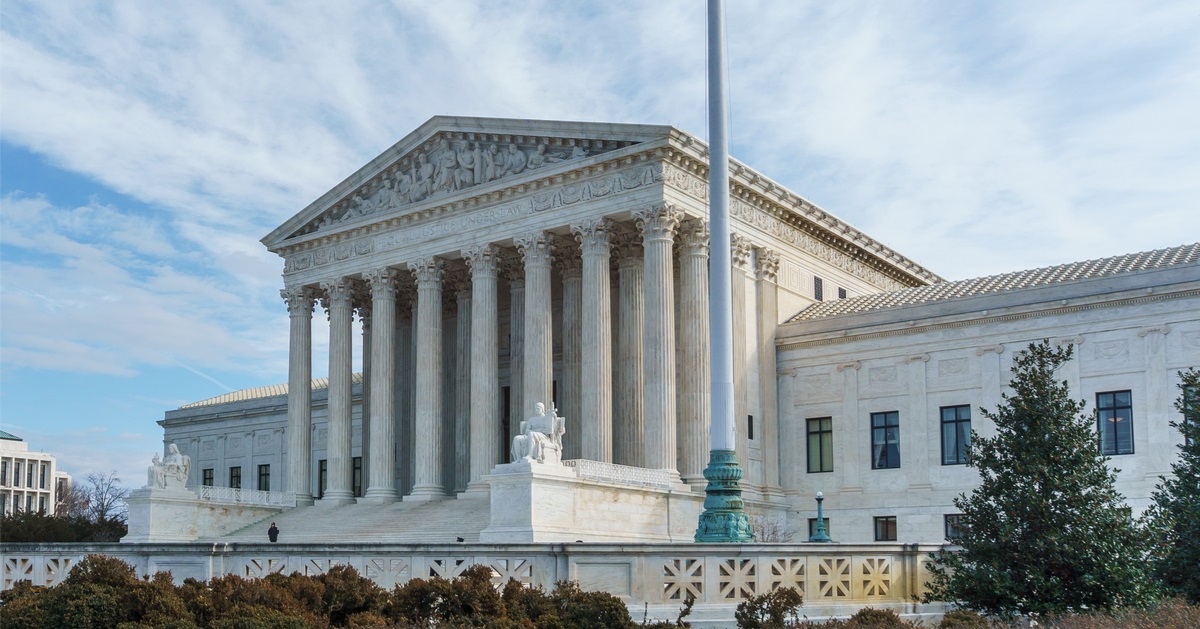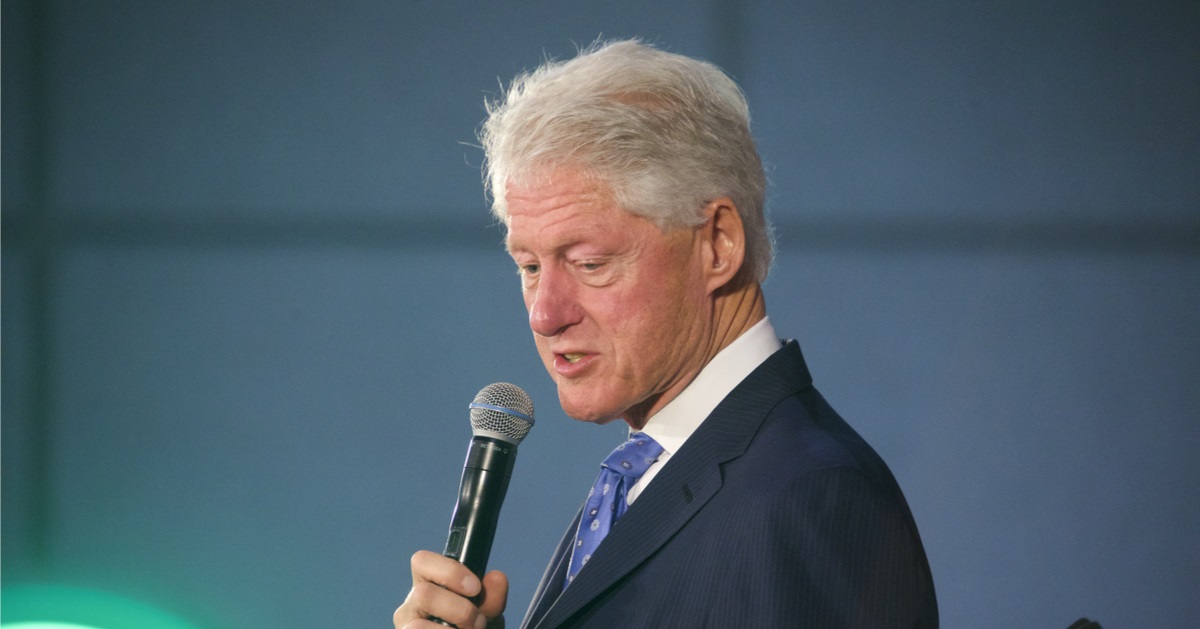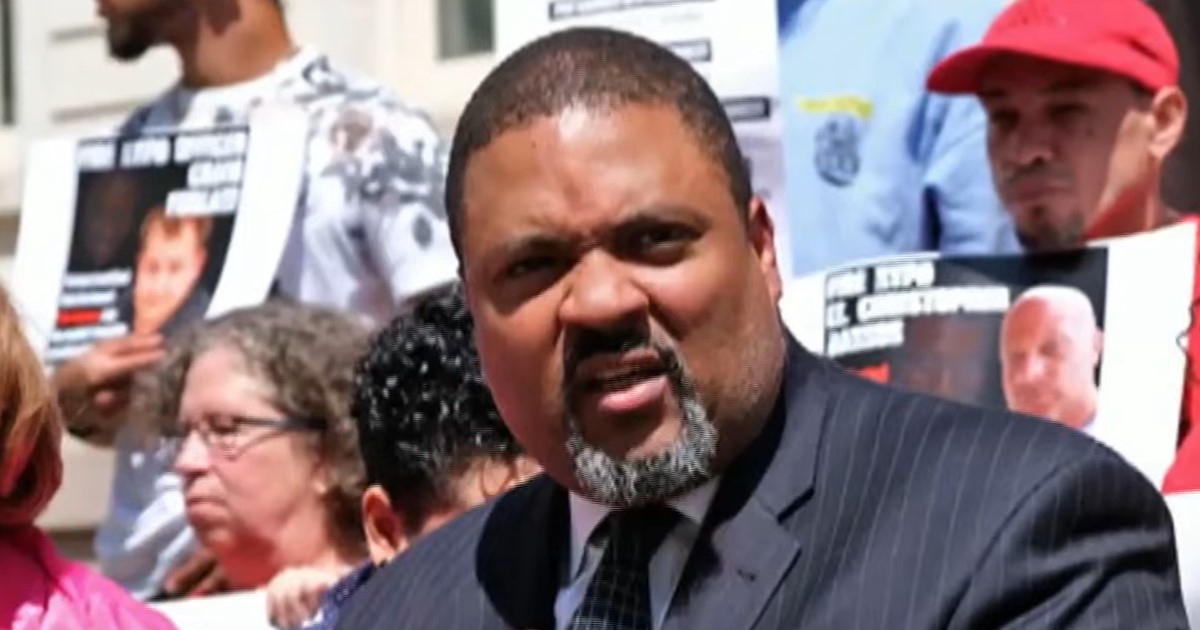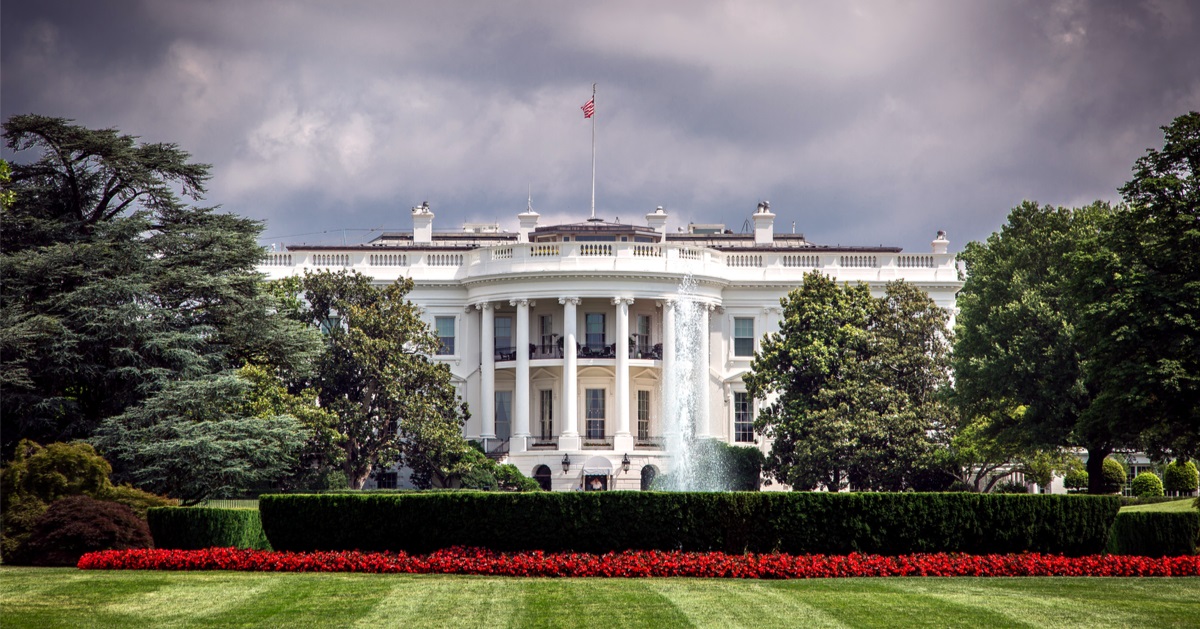NY AG James declares the 'fight is not over' after SCOTUS punts on deciding federal preemption over Idaho abortion law
Some pro-abortion Democrats seem to be singularly focused on total victory for their cause and are not content with temporary, partial, or delayed wins.
Falling into that category is Democratic New York Attorney General Letitia James, who defiantly declared that "this fight is not over" in reaction to a Supreme Court decision that allows for emergency abortions in Idaho despite the state's restrictive pro-life law, Newsweek reported.
James had led a coalition of two dozen Democratic states that filed an amicus brief with the high court that argued that a federal law that ostensibly requires abortions in certain emergency circumstances preempts the state's law that essentially outlaws abortions with very limited exceptions.
"We know that this fight is not over"
"The Supreme Court’s dismissal of Idaho’s petitions offers some relief for now, but we know that this fight is not over," AG James said. "Those opposed to our bodily autonomy will continue to attack our basic rights, and much more needs to be done to provide full reproductive freedom."
"I am proud to have worked with my fellow attorneys general to support this crucial federal law and ensure that the right to reproductive health care prevails over anti-choice forces who would deny people care when their health is at serious risk," she added. "Abortion care is health care, and I am committed to ensuring that abortion remains accessible for New Yorkers, and that our state remains a safe haven for those seeking care."
James was likely upset that the Supreme Court essentially punted the matter of Idaho's anti-abortion law and federal government preemption back down to the lower courts and declined to issue a ruling on the merits of the case.
Case dismissed and the stay on injunction vacated
At issue here, according to SCOTUSblog, is the federal Emergency Medical Treatment and Labor Act, or EMTALA, that requires Medicare-recipient hospitals to provide whatever "necessary stabilizing treatment" is appropriate for patients experiencing an "emergency medical condition" -- including abortions for pregnant mothers who face serious health risks but not necessarily death.
Idaho's law, passed in the wake of 2022's Dobbs decision, prohibits nearly all abortions in the state with only a few exceptions, one of which is to save the life of a mother. The Biden administration sued on the grounds that Idaho's law, even with the noted exception, was in conflict with and therefore preempted by EMTALA, a notion the state disagreed with.
A district court sided with the federal government and blocked Idaho's law with an injunction that was ultimately upheld by the full 9th Circuit Court of Appeals. In January, however, the Supreme Court agreed to a request from Idaho to stay that injunction, which allowed them to enforce the law, while further proceedings in the case remained pending.
Yet, in an unsigned order on Thursday in the combined cases of Moyle v. U.S. and Idaho v. U.S., the Supreme Court stated, "The writs of certiorari before judgment are dismissed as improvidently granted, and the stays entered by the Court on January 5, 2024, are vacated."
Concurrences and dissents
SCOTUSblog reported that while there was no explanation provided for the Supreme Court's decision to dismiss the cases and vacate the stay, several of the justices issued concurring or dissenting opinions to share their thoughts on the matter.
Justice Elena Kagen, joined by Justice Sonia Sotomayor -- and in part by Ketanji Brown Jackson, who also separately dissented because of the lack of a final decision -- concurred with the dismissal and lifting of the stay, as that would allow the lower court's injunction to again block enforcement of Idaho's abortion restrictions.
Justice Amy Coney Barrett, joined by Chief Justice John Roberts and Justice Brett Kavanaugh, also concurred with the dismissal, in large part because the circumstances of the situation, including the arguments presented by both sides, had changed "substantially" in her view since January, and therefore needed to be hashed out again at the lower levels before the Supreme Court weighed in on the matter.
Then there was a fiery dissent by Justice Samuel Alito, joined by Justices Clarence Thomas and Neil Gorsuch, who argued that the fundamentals of the case had not changed, the issue was ripe to be decided, and that "the Court has simply lost the will to decide the easy but emotional and highly politicized question that the case presents. That is regrettable."






